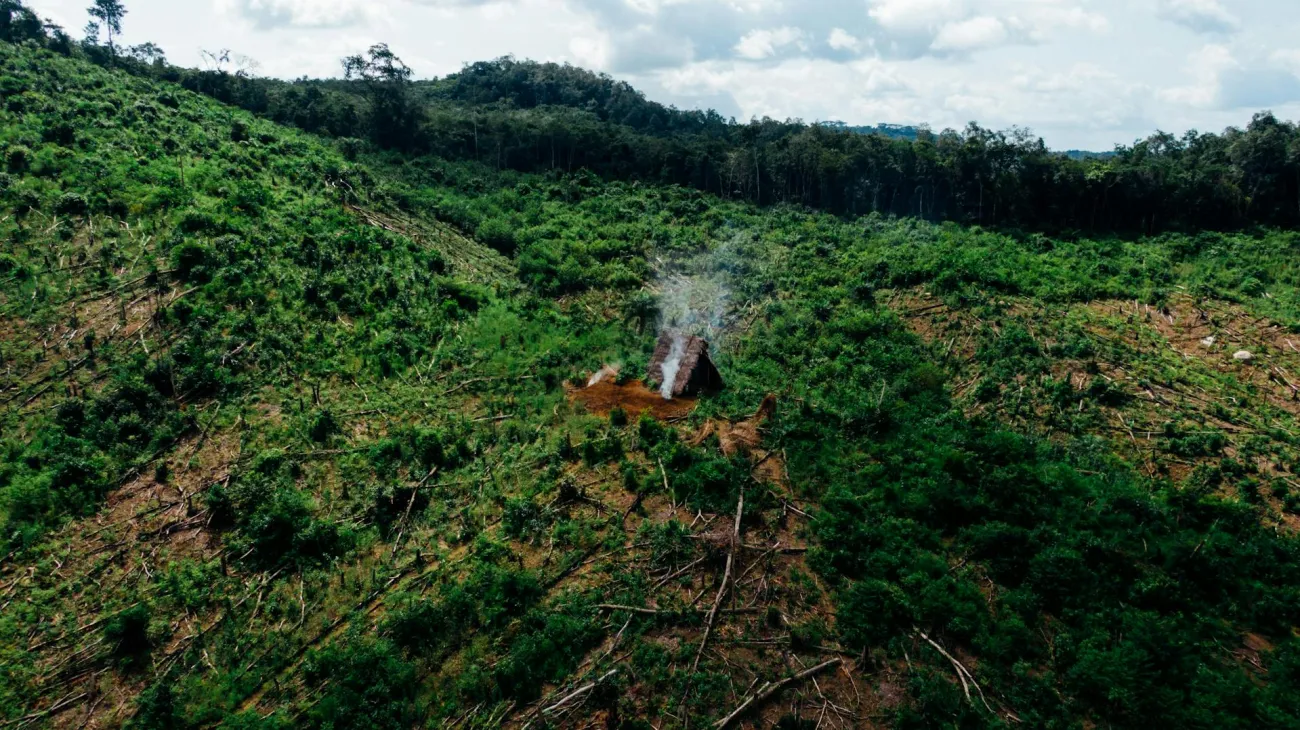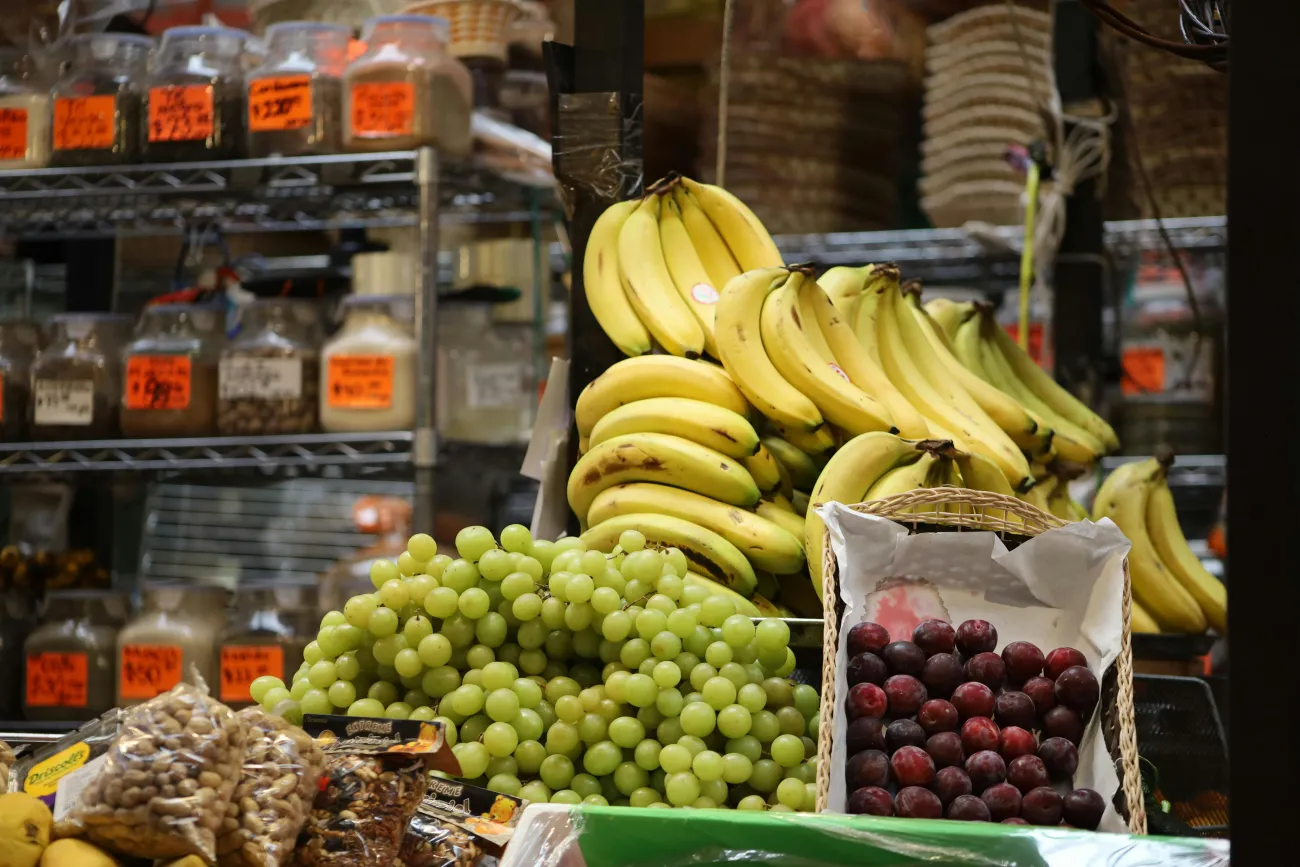This paper, recently published in Global Environmental Change, addresses the issue of ‘Enhancing the sustainability of commodity supply chains in tropical forest and agricultural landscapes’. It portrays some of the many interventions through which state, civil society and market actors can influence commodity supply chains, and provides a framework for comparing, planning and evaluating different interventions.

As global demand for palm oil, beef, cocoa and other commodities increases, with production mainly in the tropical forest regions, there is a growing need to find solutions to deal with the environmental and societal impacts from this production. However, when it comes to analyzing these solutions there is little evidence of what works when, where and why.
One of the contributions of this paper is to analyse and compare the experiences of a range of interventions globally. The paper develops an approach which enables diverse interventions to be mapped through a framework that includes relevant actors and interventions, their interactions, and their impacts on commodity agriculture production.
Abstract as follows
The rapid expansion of the production of agricultural commodities such as beef, cocoa, palm oil, rubber and soybean is associated with high rates of deforestation in tropical forest landscapes. Many state, civil society and market sector actors are engaged in developing and implementing innovative interventions that aim to enhance the sustainability of commodity supply chains by affecting where and how agricultural production occurs, particularly in relation to forests. These interventions – in the form of novel or moderated institutions and policies, incentives, or information and technology – can influence producers directly or achieve their impacts indirectly by influencing consumer, retailer and processor decisions. However, the evidence base for assessing the impacts of these interventions in reducing the negative impacts of commodity agriculture production in tropical forest landscapes remains limited, and there has been little comparative analysis across commodities, cases, and countries. Further, there is little consensus of the governance mechanisms and institutional arrangements that best support such interventions. We develop a framework for analyzing commodity supply chain interventions by different actors across multiple contexts. The framework can be used to comparatively analyze interventions and their impacts on commodity production with respect to the spatial and temporal scales over which they operate, the groups of supply chain actors they affect, and the combinations of mechanisms upon which they depend. We find that the roles of actors in influencing agricultural production depends on their position and influence within the supply chain; that complementary institutions, incentives and information are often combined; and that multi-stakeholder collaborations between different groups of actors are common. We discuss how the framework can be used to characterize different interventions using a common language and structure, to aid planning and analysis of interventions, and to facilitate the evaluation of interventions with respect to their structure and outcomes. Studying the collective experience of multiple interventions across commodities and spatial contexts is necessary to generate more systematic understandings of the impacts of commodity supply chain interventions in forest-agriculture landscapes.
Citation
Newton, P., Agrawal, A., and Wollenberg, L. 2013. Enhancing the sustainability of commodity supply chains in tropical forest and agricultural landscapes. Global Environmental Change doi:10.1016/j.gloenvcha.2013.08.004
You can access the paper here (journal subscription needed).
For further reflections by one of the authors, Peter Newton, please visit the CCAFS blog here.




Comments (0)